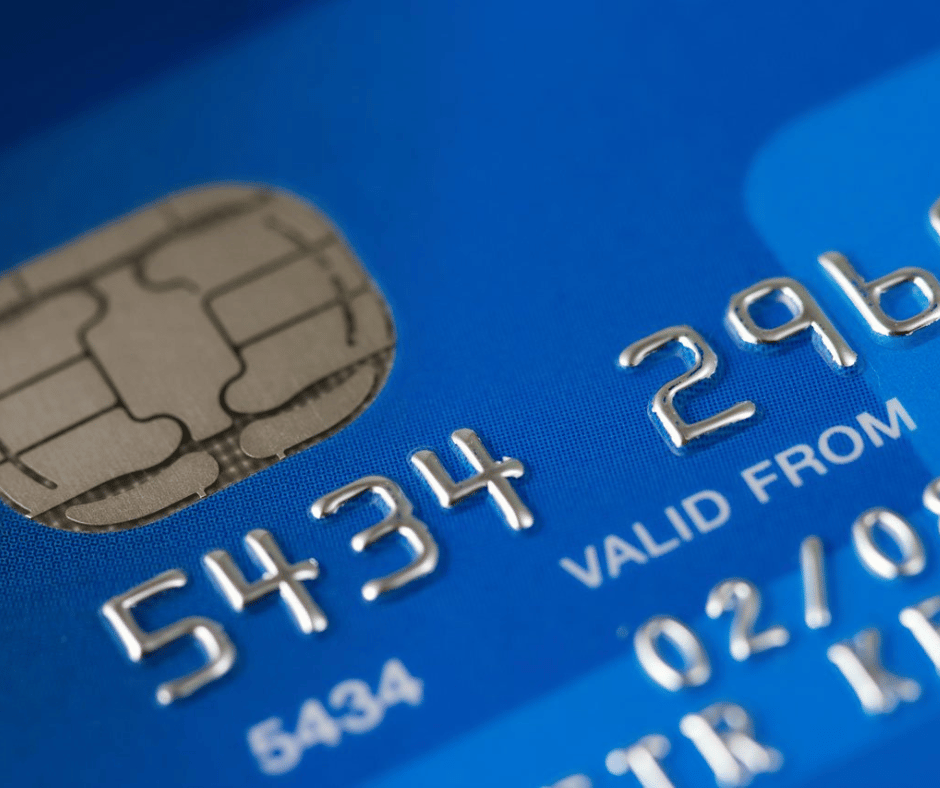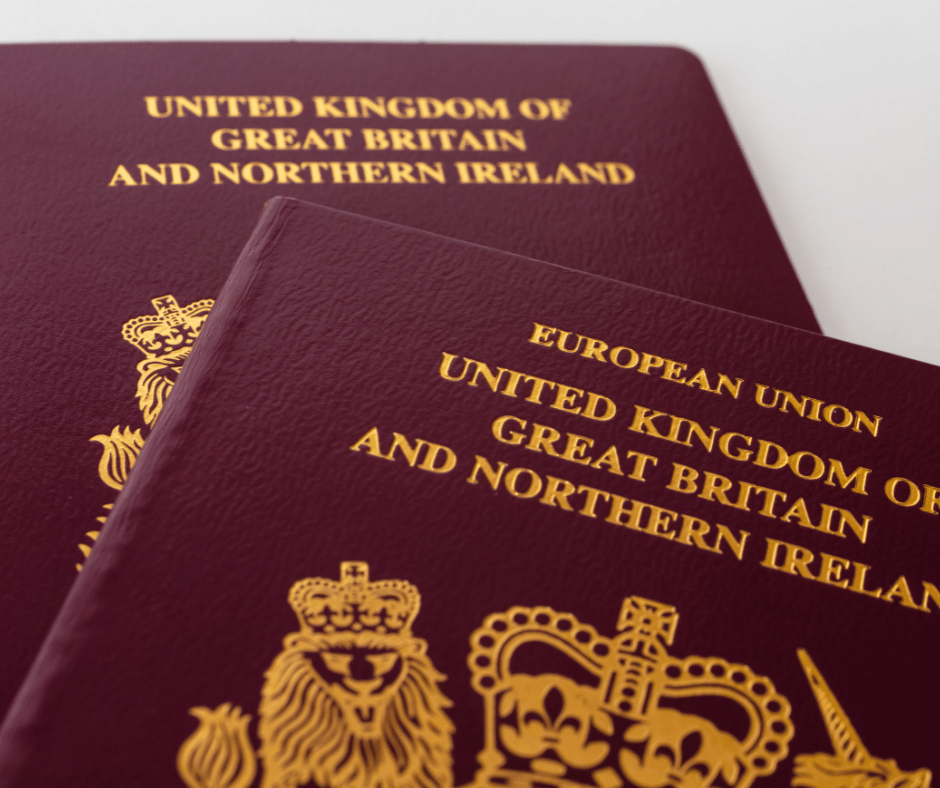Do I need a bank account if I’m Self-employed?
No you do not need a separate bank account for your business if you are working as a self-employed. This is not a requirement.

However, it might be advantages to have a separate bank account for your business, if you are self-employed.
Advantages of having a business account for self-employed
Here are some reasons to have a separate bank account for your business.
1. Easier Reporting to HMRC for Tax
As a self-employed person you will have to file your tax return to HMRC on a yearly basis. And, when you have business transactions and personal spending in the same account, they would be harder to separate and differentiate.
2. Difficulty in distinguishing business spending from personal spending
Sometimes, it might be difficult to figure out if an expenditure in your bank statement is business or personal. For instance, if you bought some stationary such as printer paper, was it for your personal use or did you buy it for the business?
If there was a expense on your bank statement from a restaurant, was that personal or was it business lunch?
3. You need a business bank account to accept credit and debit card payments
If you want to accept credit or debit card payment you will need a business bank account. Now-a-days people like to pay by card and if you don’t accept card payments, people might go elsewhere.
4. Pay Salaries
If you have a business bank account, you will be able to pay salaries for staff. Some business bank accounts integrates with accounting software like Xero, QuickBooks and Sage, thus making payments of salaries easier for you.
You can also use accounting software like Xero and QuickBooks to manage your overall accounts for your business, including managing invoices.
5. Professionalism
Having a business bank account gives your business a professional image. A professional image is important in attracting new customers to your business.
A processional image gains trust from customers and gives people more confidence in doing business with you.

How to choose a business bank account
1. Charges
See how much the charges are for the account. Is there a monthly charge or is it free? If there is a charge, how much is it?
2. Charges for transactions
How much do they charge for transactions? Do you get some free transactions per month?
3. Charges for depositing and withdrawing money from ATM
Are there any charges for depositing money or do you get charged for withdrawing money from ATM.
4. Internet Banking and app
Do they have internet banking that you can use 24/7. Do they have a banking app? Do you need a banking app?
5. Accounting software integration
If you do your own accounting, does the business bank account have integration with accounting software? Do you need it?
What documentation do I need to open a business bank account

Here is the list of documentations you would need to open a bank account.
- Proof of ID
You need a document to prove your ID, such as a full and valid UK passport. A UK driving licence or an EU or EEA photocard driving licence. Or a UK biometric residence permit. - Proof of Address
Bank statement, Credit Card statement or an Utility Bill, They all have to be dated within the last 3 months.
Additional Information
If you are interested, check out: Business Accounts for Self-employed – Easy to Open Business Accounts.
If you are interested, check out: Best Bank Accounts for Bad Credit.
If you are looking for a web domain, check out Google Domain, here: Google Domain.
If you are looking for advertise on the web, check out Google Ads, here: Google Ads.
Money Advice Service
For debt management and advice on how to pay for bills go here: Money Advice Service info page.
If you are looking for the best SIM only deal, read out article: Best SIM Only Deals UK – best SIM only plans available
If you are looking for home insurance, read our article: Home Insurance – Compare Cheap Quotes.